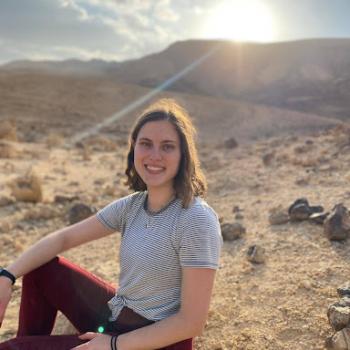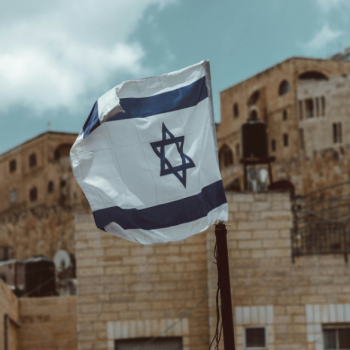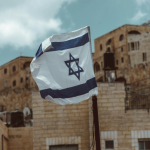By Risa Dunbar In the summer of 2011, I spent six weeks in Israel on a program called Nesiya. Our group, composed of forty teens, half North American Jews and half Jewish Israelis, began with a three-day backpacking trek in the Negev. Two days after meeting, we were carrying 20-liter jerrycans and hoisting one another up desert craters. Yet what I recall most about those days wasn’t physical strain, but deep encounters of awe with a vast new landscape, strangers... Read more




















The World Is “Under-Blessed”: A Call to Spiritual Generosity
Parashat Nasso Deuteronomy 4:21-7:89 My late teacher, Rabbi Zalman Schachter-Shalomi, of blessed memory, often said, “The world is under-blessed.” In his gentle, playful way, he reminded us that while we are quick to name what is broken or lacking, we are much slower to offer words that sanctify, uplift, and affirm the good that persists—even in the midst of hardship. He believed the world aches not only from violence and injustice, but from spiritual poverty—a drought of blessing. To say... Read more